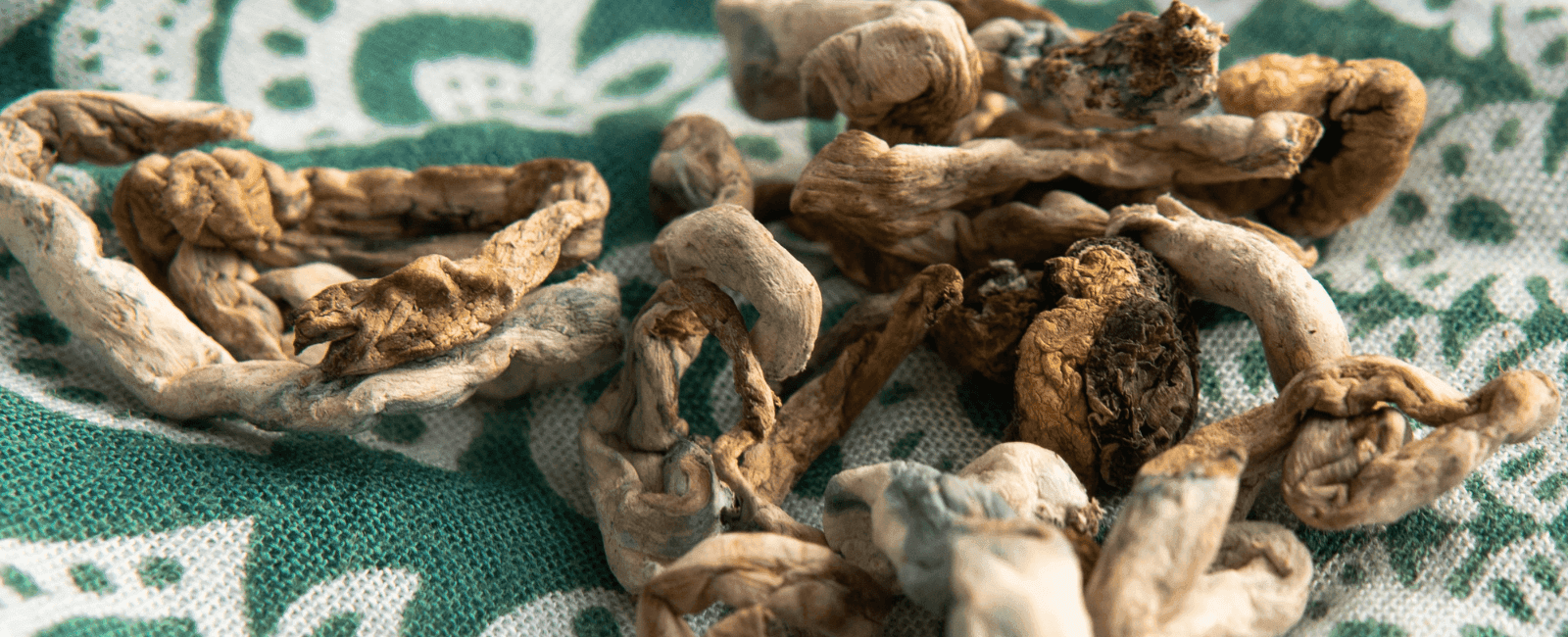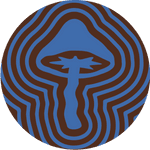

A recent study showed that a single dose of psilocybin, the psychedelic compound in magic mushrooms, can improve symptoms of severe depression. This clinical trial is a significant finding in health care for all who suffer from this debilitating condition.
Clinical research published in the New England Journal of Medicine found that a single 25-milligram dose of synthetic psilocybin alleviated symptoms of treatment-resistant depression. Participants in the study “Single-Dose Psilocybin for a Treatment-Resistant Episode of Major Depression” saw improvements in mental well-being for up to 12 weeks when combined with talk therapy.
The study
Study participants were “adults with treatment-resistant depression” who received a single dose of synthetic psilocybin in varying milligrams. Participants were randomly placed in groups and received one of three doses: 25-milligram, 10-milligram, and 1-milligram as the control or placebo group. Self-injury or suicidal ideation had previously occurred in participants in all groups.
Participants in the 25-milligram group were about three times as likely to respond than the 1-milligram group. The positive effects on their mental health, including reducing depressive symptoms, lasted up to 12 weeks.
Moreso, about one-third of the 25 mg dose group, saw such trending positive wellness that they didn’t qualify for the clinical diagnosis of depression on the depression scale.
Dr. Anthony Cleare, a professor of psychopharmacology and affective disorders at King’s College London, wrote in a statement:
“The maximum effect (was) seen the day after receiving the treatment. This contrasts with standard antidepressants, which take several weeks to reach maximum effect.”
Study participants in the clinical trial did report headaches, nausea, and dizziness as adverse events or side effects.
The double-blind trial occurred across the United States, Canada, the UK, and European countries. The study was conducted via Comp360 by COMPASS Pathways with Dr. Guy Goodwin as Chief Medical Officer. Dr. Goodwin is also a professor emeritus of psychiatry at the University of Oxford in the United Kingdom.
Psilocybin in mushrooms
This hallucinogen-like drug is proprietary to the study. Dr. Guy Goodwin, a study coauthor, gave insight into how the team created synthetic psilocybin.
“This drug can be extracted from magic mushrooms, but that is not the way our compound is generated. It’s synthesized in a purely chemical process to produce a crystalline form.”
Psilocybin is a compound found in certain types of mushrooms, also known as “magic mushrooms.” When ingested, psilocybin converts into psilocin, a psychoactive substance that produces psychedelic effects. These effects can include altered states of consciousness, euphoria, visual and auditory hallucinations, and mystical experiences.
The future of psilocybin
These promising results suggest that psilocybin could be a valuable tool in treating depression. This trial joins the number of studies that have suggested that psilocybin may effectively treat depression, including major depressive disorders. This clinical trial, also on NEJM.org, expands on the idea that psilocybin is favored over the use of escitalopram when it comes to adverse incidences.
The psychological support that mushrooms hold, not just in psilocybin but in brain cognition, is invaluable. Psychedelic drugs generally provide the tools for lasting and healing psychotherapy. It’s important to note that more research is needed and that psilocybin should not be used without the supervision of medicinal clinicians. Nevertheless, this compound holds great promise for millions of people who suffer from depression.
Resources
- Goodwin, G. M., Al., E., (GMG, A. A. F. C. O. M. P. A. S. S. P., & Madras, B. K. (2022, November 3). Single-dose psilocybin for a treatment-resistant episode of Major depression: Nejm. New England Journal of Medicine. Retrieved November 3, 2022, from https://www.nejm.org/doi/full/10.1056/NEJMoa2206443
- Carhart-Harris, R., Al., E., Author AffiliationsFrom the Centre for Psychedelic Research, Lieberman, J. A., Others, S. M. C. and, Others, G. M. G. and, Others, E. J. A. and, E. J. Anderson and Others, Gessain, A., & Others, M. B. and. (2021, April 15). Trial of psilocybin versus escitalopram for depression: Nejm. New England Journal of Medicine. Retrieved November 3, 2022, from https://www.nejm.org/doi/full/10.1056/nejmoa2032994


